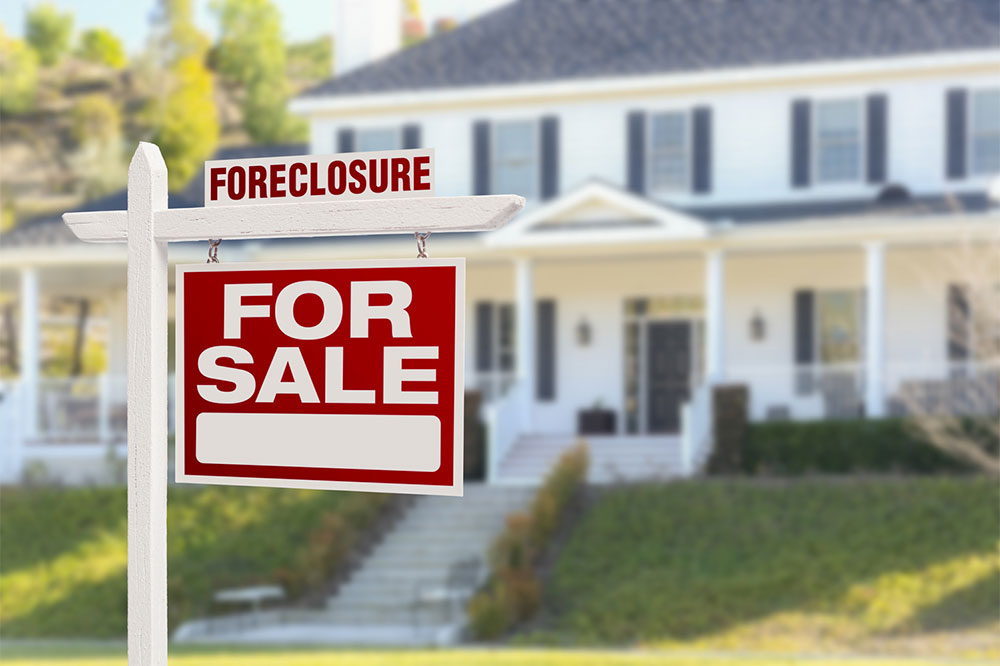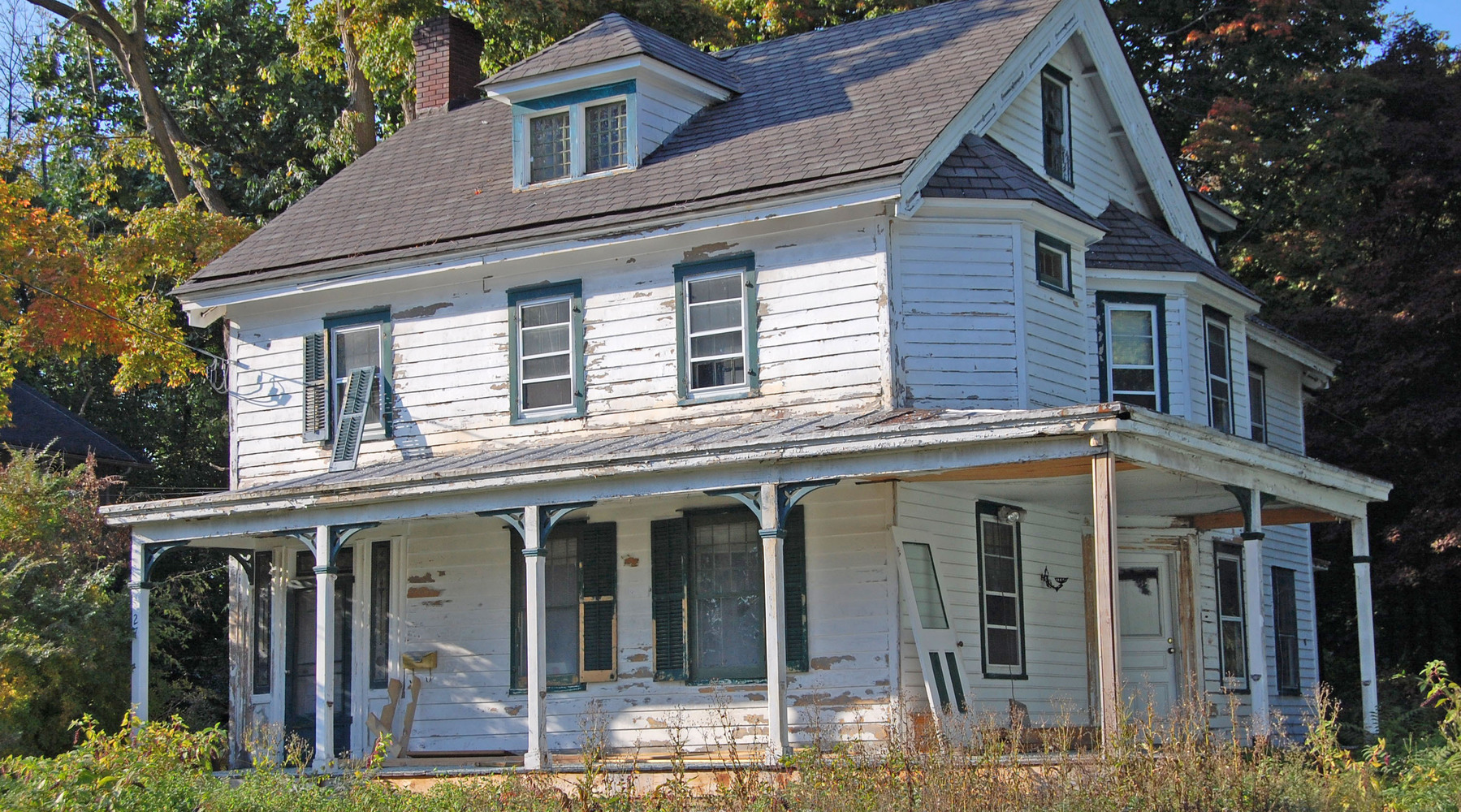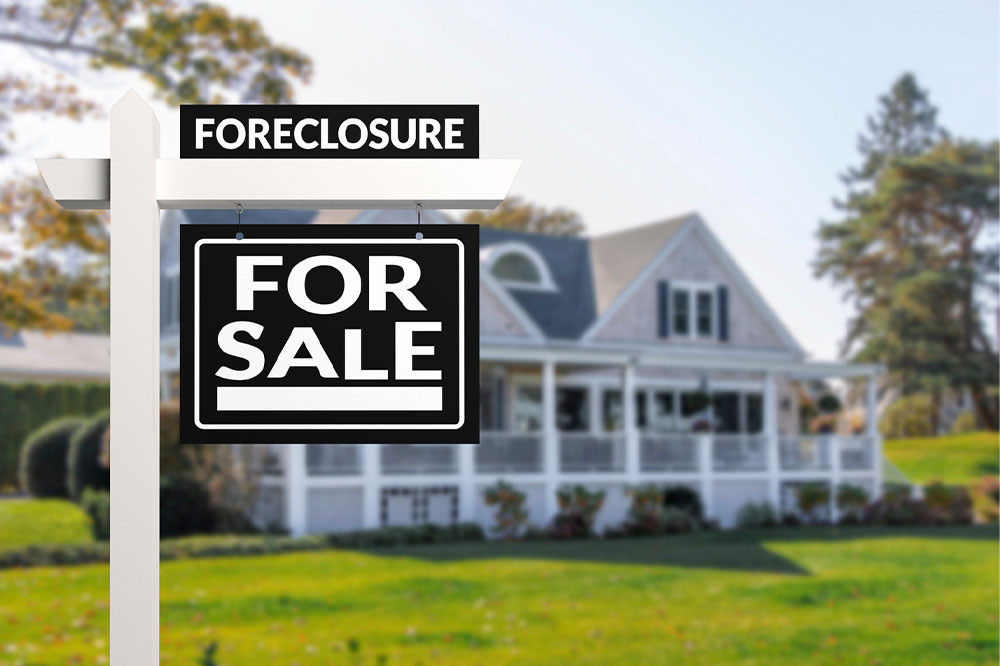Key Considerations for Purchasing Foreclosed Homes
Discover essential tips for buying foreclosed homes, including budgeting, research, inspections, and legal checks. Proper planning ensures a successful investment in bank-owned properties, whether for rental or resale.
Sponsored

Investing in bank-owned and foreclosure properties can be appealing due to their often lower prices compared to market value. These properties are typically sold through auctions to settle unpaid loans or mortgages. While such investments are suitable for beginners in real estate, it’s crucial to evaluate several important factors before making a purchase.
Budget Planning
Establishing a clear budget is essential. This should encompass property taxes, insurance, mortgage costs, and anticipated renovation expenses. Knowing your financial limits allows you to get pre-approval for funding, streamlining the buying process. Setting a strict budget is especially vital during auctions, where quick decisions are often required.
Securing financing options in advance can significantly expedite the purchase. A pre-approved loan helps you move swiftly during auctions and helps determine your bidding limit. This preparation is vital when buying foreclosed properties, as there’s limited time to deliberate and bid.
Research and Property Listings
Property listings for foreclosures are usually published in newspapers and online portals. After identifying properties of interest, conduct detailed research on ownership history and market value through public records. Comparing similar nearby properties provides insight into fair pricing. Real estate agents can assist in obtaining comprehensive market analysis reports.
Partnering with a Realty Expert
Engaging an experienced local real estate agent can be advantageous. An agent familiar with foreclosures or REO properties understands the procedural and legal aspects, ensuring a smoother transaction. Their expertise helps prevent common pitfalls and saves valuable time, especially if you’re unfamiliar with the area or process.
Inspect the Property Condition
Foreclosed homes often suffer from neglect, as owners in default usually cease maintenance. Carefully inspecting the property helps assess its true value and identify potential repair costs. If you’re pressed for time, hiring professionals to evaluate the property can be worthwhile. Be prepared for numerous repairs, as these homes are generally sold "as-is," with minimal maintenance provided.
Verify Title and Legal Clearances
Conducting a title search is a critical step before purchase. This process reveals any outstanding liens or debts associated with the property and confirms the legality of the deed. Detecting liens early, ideally before bidding, prevents surprises and additional costs during closing. Enlisting a knowledgeable real estate professional enhances the accuracy and efficiency of this process.
Investing in foreclosed properties can be profitable, especially after minor repairs, for rental income or resale. However, the process involves considerable time and effort, often taking months to finalize. Carefully weigh the benefits and challenges before proceeding to ensure a wise investment decision.






